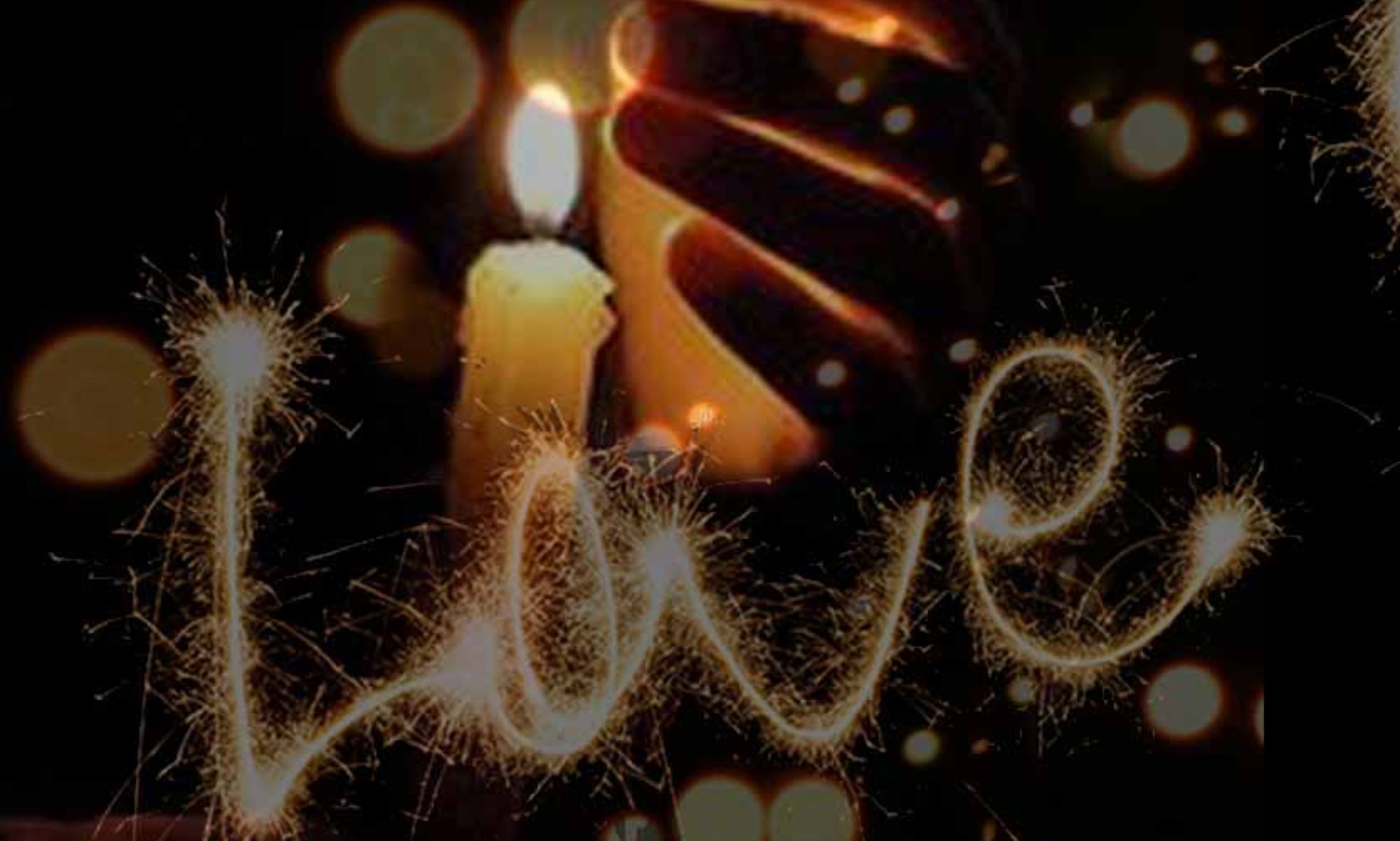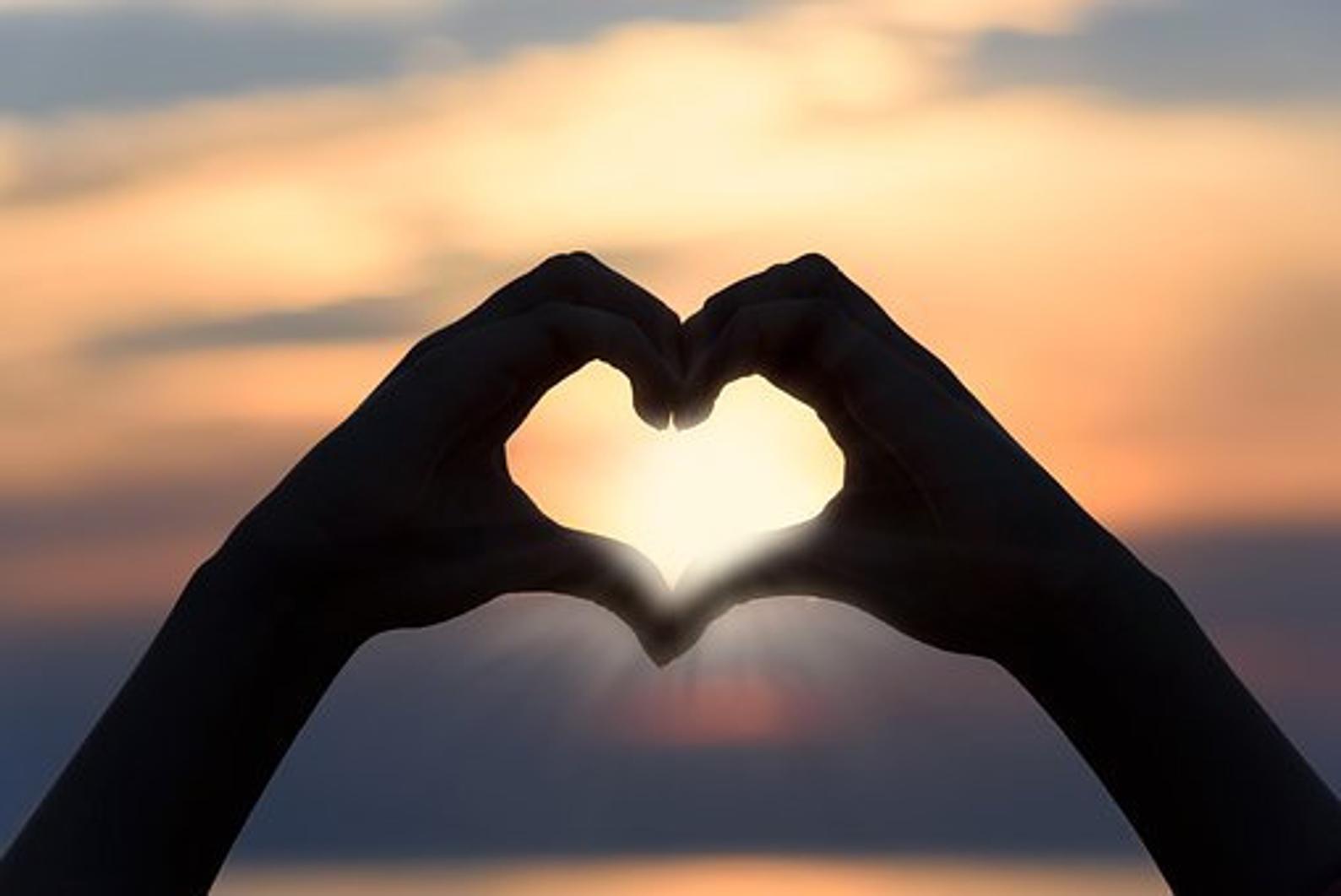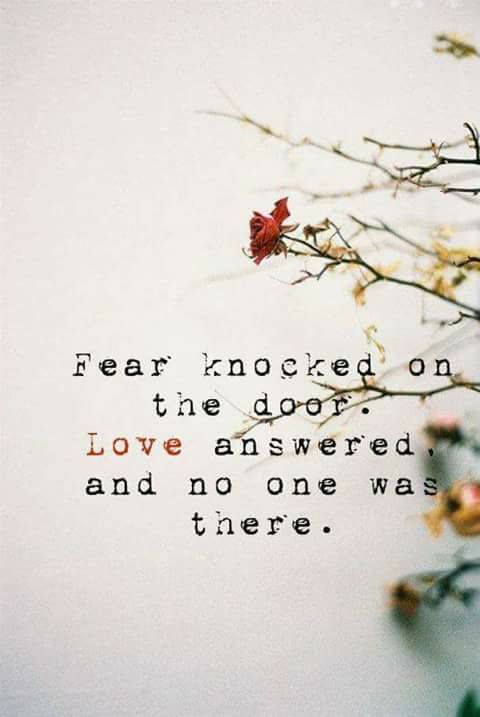Lenten Reflection Day 42 (April 4): SPIRIT (Isaiah 42:1-9).
SONG: Beyonce from Disney’s Lion King: Spirit Song: https://youtu.be/civgUOommC8 POEM: Wendell Berry: A Spiritual Journey: And the world cannot be discovered by a journey of miles, no matter how long, but only by a spiritual journey, a journey of one inch, very arduous and humbling and joyful, by which we arrive at the ground at our feet, and learn to be […]



